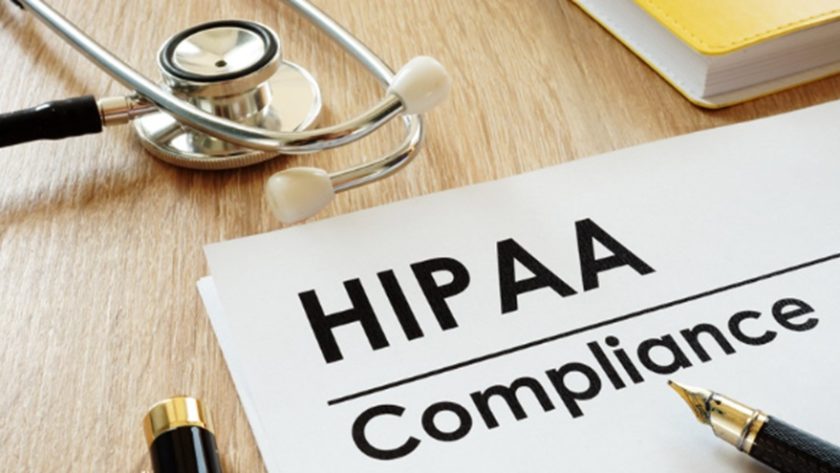In today’s healthcare environment, protecting patient data is more critical than ever. With the rise of digital healthcare records and increasing cyber threats, ensuring that healthcare organizations adhere to stringent security standards is essential. One of the most effective ways to safeguard sensitive information is through HIPAA-compliant software, which ensures that healthcare data is protected under the Health Insurance Portability and Accountability Act (HIPAA) regulations. This type of software helps organizations comply with regulations while enhancing the overall security of patient information.
The Role of HIPAA Compliance in Data Security
HIPAA compliance serves as a foundation for protecting healthcare data. Healthcare providers are required to follow strict guidelines to safeguard electronic protected health information (ePHI), ensuring that only authorized personnel have access to sensitive patient data. HIPAA-compliant software provides a secure framework for data storage, access, and sharing, which is crucial in minimizing the risk of data breaches.
Moreover, HIPAA-compliant software solutions often include encryption, real-time monitoring, and audit trails to ensure that healthcare organizations remain compliant. For a deeper understanding of the features needed to maintain compliance, you can refer to essential HIPAA software features, which discuss the core functionalities every compliant system should possess.
Benefits of HIPAA Compliance for Healthcare Organizations
Healthcare organizations face severe penalties for failing to comply with HIPAA standards. Implementing HIPAA-compliant software helps mitigate this risk by ensuring that the organization’s security protocols align with federal regulations. This not only prevents costly fines but also strengthens the trust between healthcare providers and patients by protecting sensitive medical information.
Additionally, HIPAA-compliant software enables healthcare organizations to simplify their compliance management processes. By using advanced tools, hospitals and clinics can automate various tasks, such as reporting, audit trails, and risk assessments. This allows healthcare providers to focus more on patient care and less on manual compliance checks. Those looking for practical guidance on this topic can explore key insights that help healthcare providers navigate HIPAA compliance more effectively.
How HIPAA Compliance Enhances Patient Trust
Maintaining patient trust is a vital part of any healthcare organization’s success. Patients need to feel confident that their personal health information is being protected. When healthcare organizations use HIPAA-compliant software, they are not only ensuring regulatory compliance but also offering their patients peace of mind that their data is safe from unauthorized access or breaches.
By leveraging secure systems, healthcare providers can assure their patients that their data is being handled with the highest level of care. This creates a positive reputation for the organization and can enhance patient loyalty, as individuals are more likely to trust healthcare providers who prioritize data security.
Protecting Against Data Breaches and Cyber Threats
The healthcare industry is one of the most targeted sectors when it comes to cyber-attacks. Medical records are valuable to cybercriminals due to the personal and financial information they contain. HIPAA-compliant software plays a critical role in defending against these threats by employing advanced security features such as data encryption, access controls, and regular security audits.
These features ensure that even if an unauthorized individual attempts to access patient data, they will be met with robust defenses that protect the integrity of the information. Automated alerts and compliance checks further reduce the risk of breaches, helping healthcare providers respond quickly to any potential vulnerabilities.
Conclusion
HIPAA compliance is essential for healthcare organizations not only to meet regulatory requirements but also to protect patient data from increasingly sophisticated cyber threats. By using HIPAA-compliant software, healthcare providers can ensure that their security systems are robust while also streamlining their compliance processes. With automated risk management, secure data handling, and continuous monitoring, HIPAA-compliant software strengthens both patient trust and healthcare data security.




